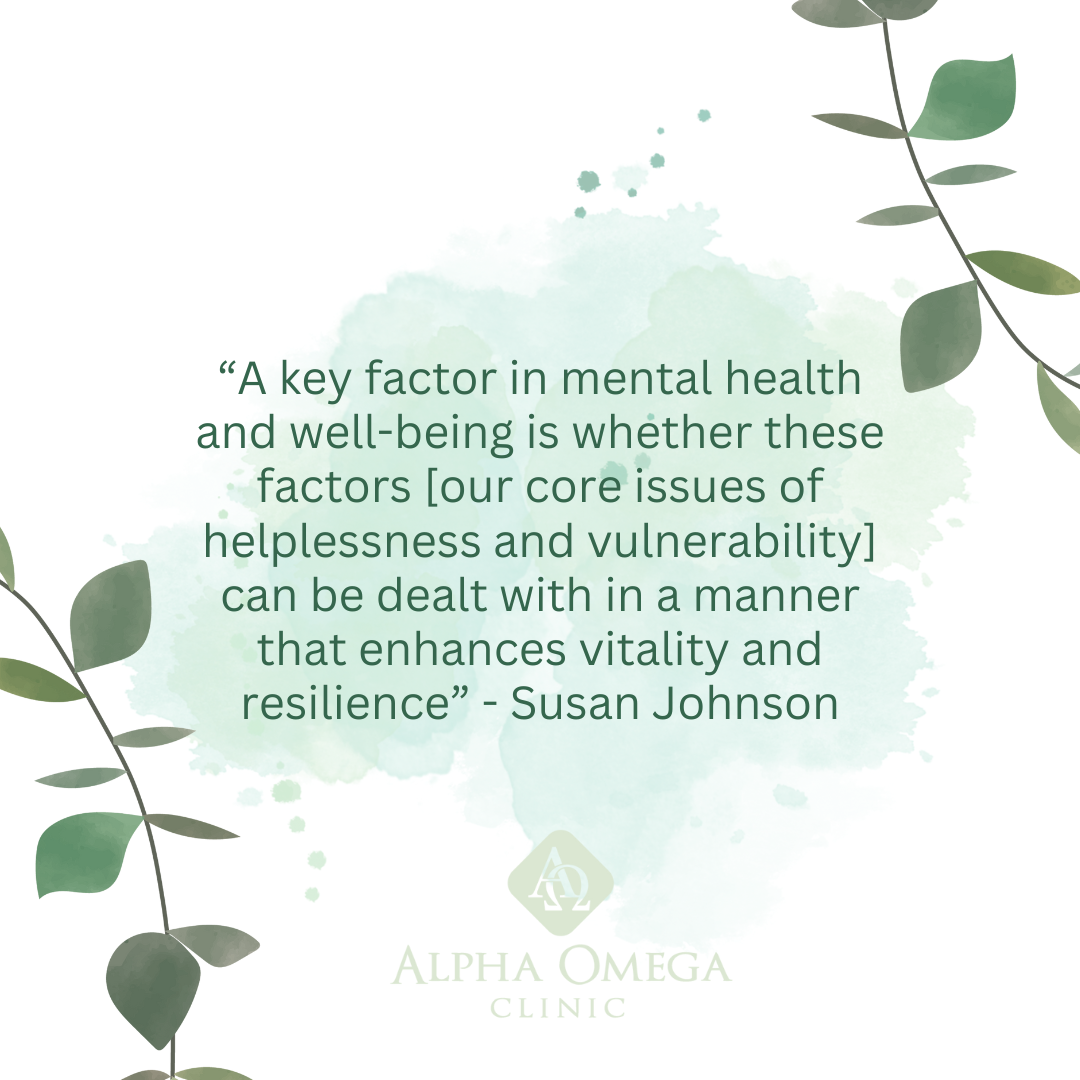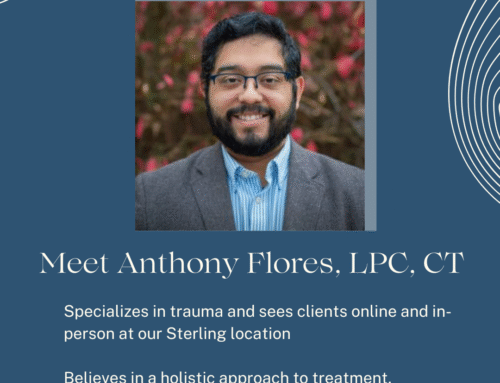On an existential level, all of us must content with feeling vulnerable in this world. The healthiest way to deal with this reality is to do so in a way that makes us feel stronger and more capable. This is why fear is embedded in our DNA; it drives us towards safety so we can face what scares by borrowing courage from that which soothes us. We are neurologically wired this way to cope with our helplessness and vulnerability; our first and foremost strategy is to turn towards another for safety.
How we learn to engage and use this system can have a dramatic impact on our development. This is where experience comes into play; how our attachment figures responded to our helplessness and vulnerability will influence what strategies we use. If done in a way that leads us through and out of our struggles, we will develop a sense of resilience, confidence, and security. This will serve as a template for moving through the world; reach for others when needed and then go out into the world to take risks and challenge ourselves. If done in a way that ignores, downplays, dismisses, or intensifies our helplessness and vulnerability, we will see these core issues as a weakness to be avoided or protected at all costs.
In order to revise this adaptation, we will have to engage our helplessness and vulnerability in a new way. The hardware is there but the software needs to be updated. We are not at the mercy of how our caregivers raised us; adaptation works both ways. It is how we engage, make meaning of and integrate these things into our lives that strengthens us. We must experience what it’s like to face our vulnerability and make it back in one piece. Then, we will know what resilience feels like and what it means to be human.
* The information provided is for self-enrichment and not intended to replace any necessary mental health treatment.
Want more ways to receive this content? Follow us on Instagram or Facebook or subscribe to our e-newsletter.
* The information provided is for self-enrichment and not intended to replace any necessary mental health treatment.
Warmly,
Jonathan Dixon, LMFT
Alpha Omega Team





